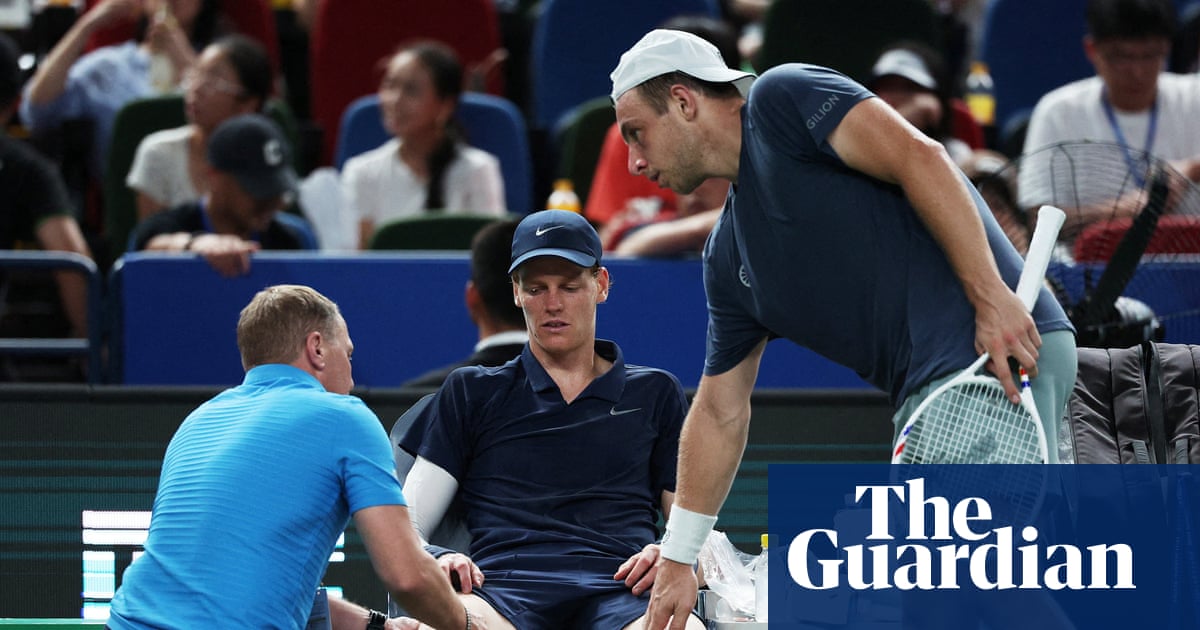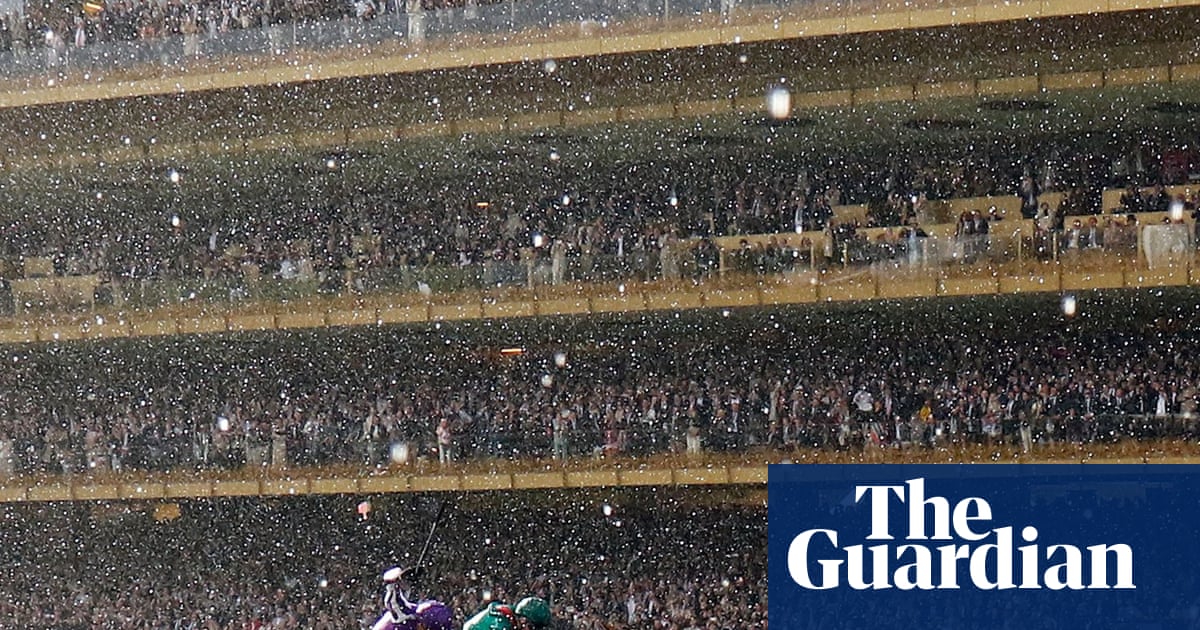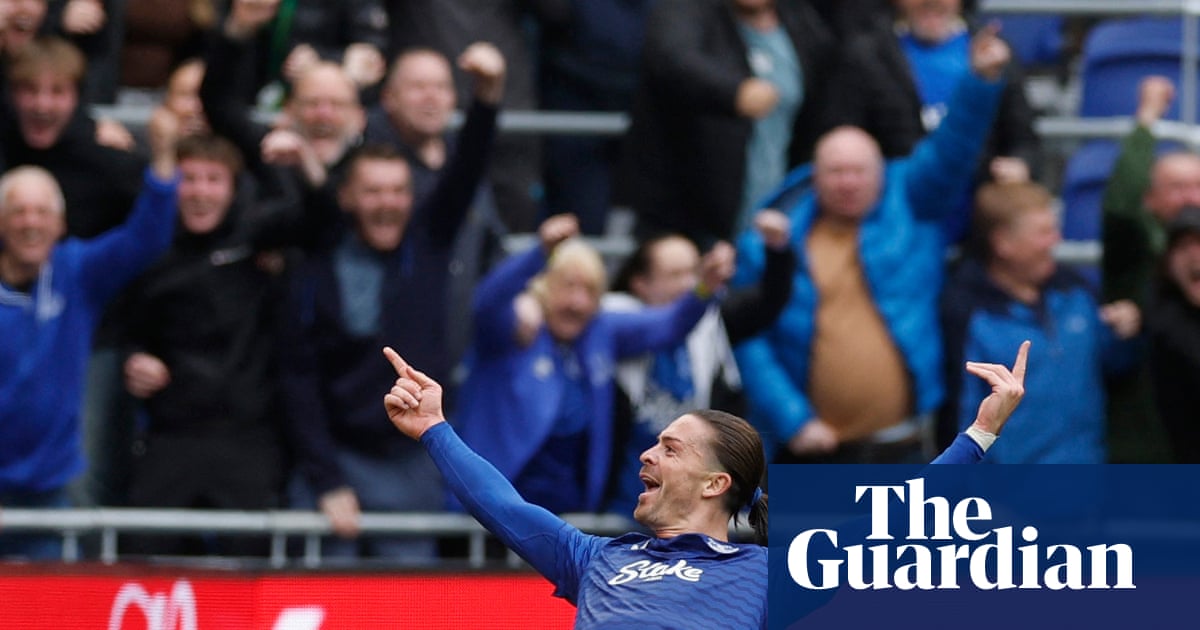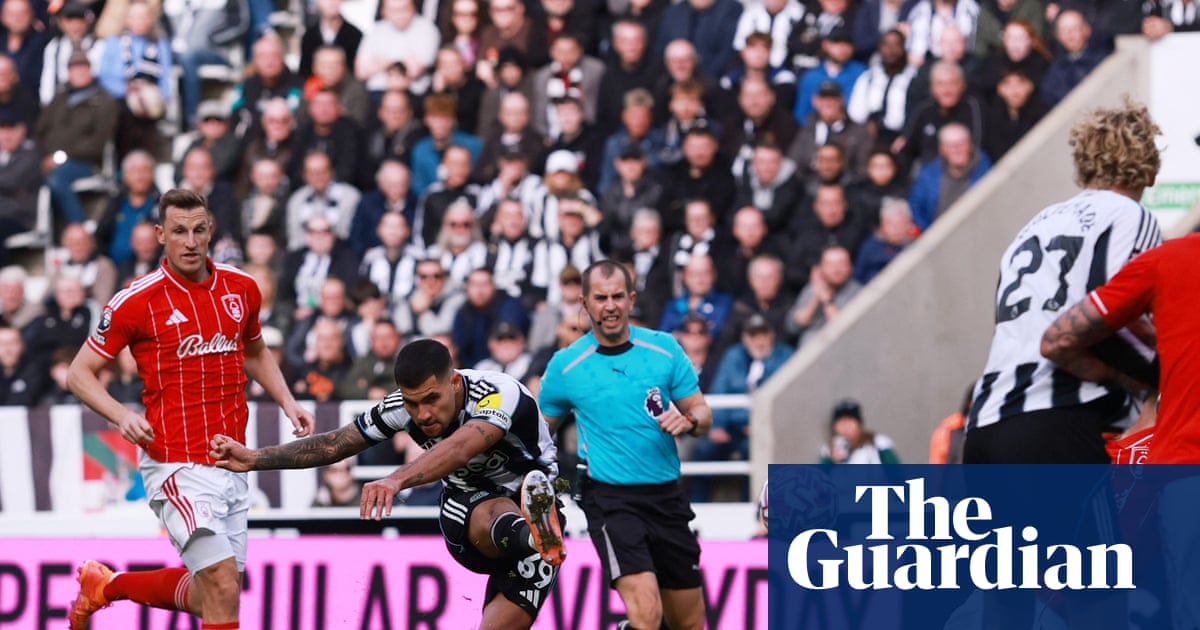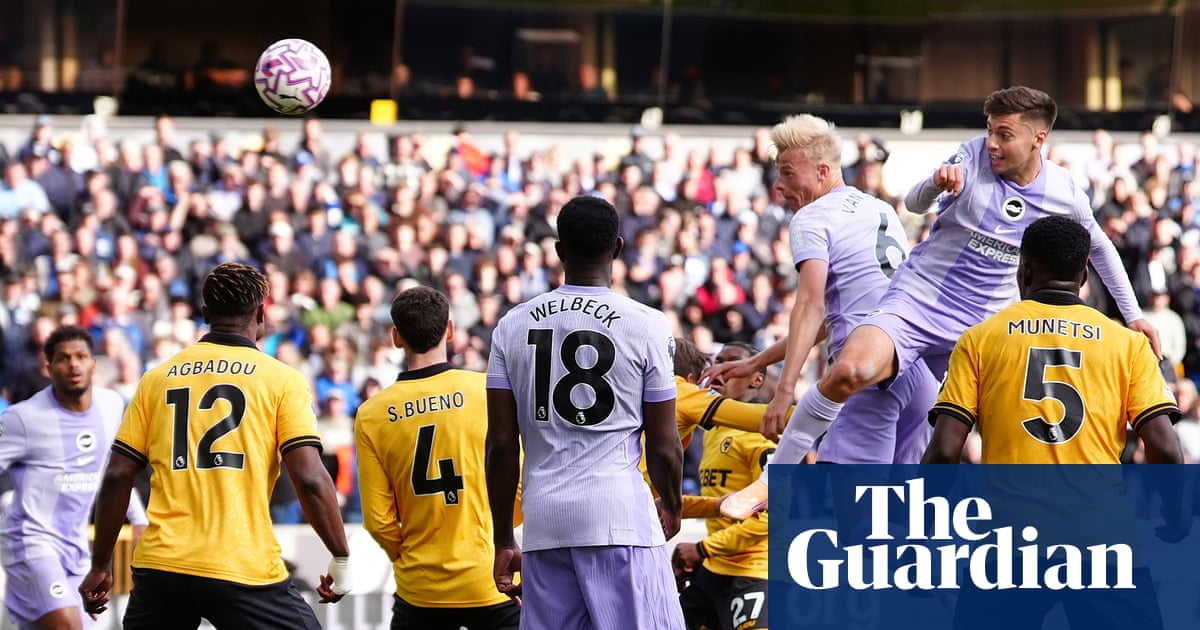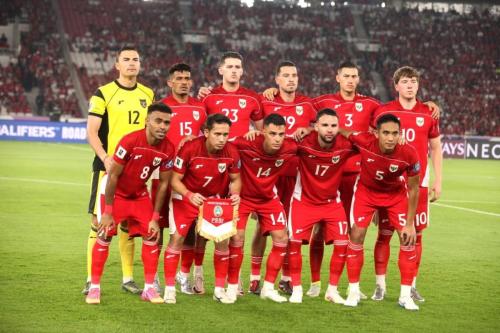In the end, Cameron Norrie’s run to the latter rounds of Wimbledon was shut down with ruthless efficiency. Up against the two-time defending champion in full bloom, serving as well as he ever has, there was not much that Norrie could do against Carlos Alcaraz.
Every defeat is paired with disappointment, but the quality of Norrie’s performances throughout the past few weeks meant he was immediately able to happily reflect on another positive step forward. His quarter-final finish is the second best grand slam result of his career after his run to the semi-finals here in 2022.
After every match over the past few months, Norrie has repeatedly stressed the importance of enjoying every moment on court. By now, this may sound repetitive and tedious to some, but Norrie’s determination to focus on finding joy and value in his work, not only his results, has been an admirable and mature way to approach his career. It has also been successful. After floundering outside the top 90 a few months ago and struggling badly on the court, Norrie will rise back up to No 43. He will head into his favourite US hard-court swing full of confidence with a great opportunity to rise further up the rankings and re-establish himself towards the top of the game.
Norrie’s defeat tied a bow on British interest in the main singles draws for another year, and overall this was a positive innings. Sonay Kartal arrived at Wimbledon amid a career-best year that has seen her break through at the top level of the sport, establishing herself as a top-50 player. Her breakthrough run to the fourth round further showed her that although her diminutive stature can leave her vulnerable to the many taller, stronger players on the tour, she has the tools to defeat some of the best players in the world.
Emma Raducanu, Kartal’s childhood rival, similarly finished her tournament more hopeful than before. Despite continuing to manage her back pain and other private issues before the tournament, Raducanu pulled herself together and produced one of her best performances of the year to defeat the 2023 champion Marketa Vondrousova before following it up with an even greater performance against the world No 1 Aryna Sabalenka in the third round. After two tight, high-quality sets, Raducanu departed a deafening Centre Court frustrated by her inability to take her opportunities, a result that reinforced the merits of her work over the past few months and should further motivate her for the weeks to come.
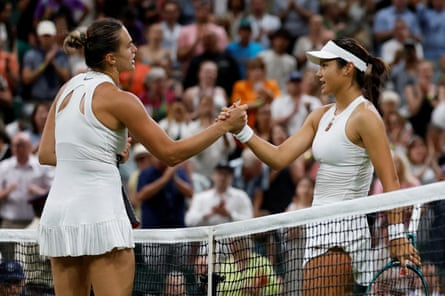
Elsewhere, in the final stretch of his career, the 35-year-old Dan Evans showed himself that there may well still be some energy remaining in his legs after a positive grass-court season. Jack Pinnington Jones and Arthur Fery, two talented 22-year-olds who chose to develop their games in the US college system, capped off positive grass-court seasons with their first grand slam wins. Katie Boulter, however, again failed to handle the pressure that comes with her status as a steady top-50 player with a realistic chance of a deep run. After an impressive first-round victory over the ninth seed, Paula Badosa, she collapsed in the final two sets of her loss to the lucky loser Solana Sierra.
The most disappointing British result, of course, came with Jack Draper’s four-set second-round loss to Marin Cilic. After enjoying such a spectacular 12 months just about everywhere else, rising up to the top four and establishing himself as a genuine contender at the biggest tournaments in the world, Draper’s inability to replicate his consistent form on home soil was a crushing blow.
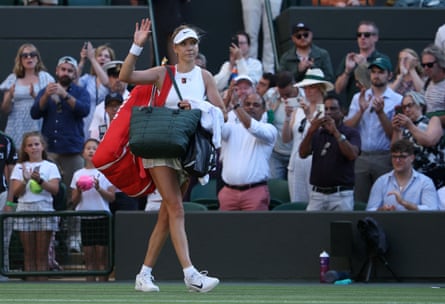
Cilic, a former US Open champion and the 2017 finalist at Wimbledon, served imperiously and played a great match but Draper looked uncomfortable from the very beginning and he failed to disrupt Cilic in any way. Shortly after the match, Draper said he did not feel his game throughout the entire grass season and despite the incessant reminders from journalists about the additional pressure he faced at Wimbledon, the 23-year-old did not accept that any outside pressure played a significant role in his defeat.
Understandably, this was a massive blow to his confidence – he said this loss had taught him that he had not progressed as much as he had previously thought. Although this painful result will linger in his head for sometime, in professional tennis excruciating defeats are a fundamental part of growth and the season is far longer than these two weeks. How he responds to this result, and whether he can use his pain to progress further, now stands as Draper’s next challenge as he tries to continue his development.
.png)
 2 months ago
27
2 months ago
27
